We will never surrender to Beijing: Peter Dutton
Peter Dutton says Australia won’t give way to Beijing’s threats of retaliation over the scuppered Belt and Road initiative.
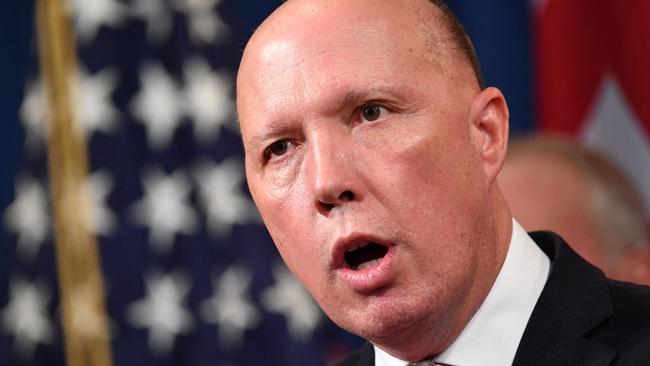
Defence Minister Peter Dutton says Australia will never surrender its sovereignty to appease China after the Morrison government tore up Victoria’s Belt and Road Initiative agreements with Beijing.
Mr Dutton told Nine’s Today show on Friday that Australia has been clear with China from the start and would not “surrender” to threats of retaliation after Beijing threatened to take legal action over the scuppered deal.
“We’re not going to have our values compromised, we aren’t going to surrender our sovereignty,” he said.
It comes as Foreign Affairs Minister Marise Payne on Wednesday announced that two Belt and Road agreements would be axed under new laws because they were not in the national interest.
Mr Dutton also lashed Victorian Premier Daniel Andrews for “doing the wrong thing” by signing the agreement with China in the first place.
“He shouldn’t be entering into agreements that aren’t in our national interest...,” he said. “We are standing up for who we are. We’ve got very important diplomatic relations with many countries including China, but we aren’t going to be compromised by the principles of the Communist Party of China.”
Mr Dutton warned that China’s increasingly aggressive behaviour in the region was a “real problem”.
“It is a real problem when you look at our part of the world, you look at military bases, when you look at the cyber attacks, all of that is not the action of a friend,” he said.
“We need to make sure that, yes, we have an important trading relationship, but China and others need to understand that Australia is not going to be bullied and we’re standing up for our beliefs and that will continue. It will not change.”
Mr Dutton was joined on the show by deputy Labor leader Richard Marles who warned that the relationship between Canberra and Beijing needed to be “carefully managed.”
Scott Morrison will stare down Chinese threats to launch fresh action against Australia, saying he would always protect the nation’s interests and a world that “seeks a balance in favour of freedom”.
As government officials and business leaders braced for retaliation, Beijing on Thursday night said it would “reserve the right to take further actions” after lodging a formal protest with the Department of Foreign Affairs and Trade.
The decision by Foreign Minister Marise Payne to scrap the BRI deals sparked a furious response, with Chinese Foreign Ministry spokesman Wang Wenbin accusing the Morrison government of “political manipulation and bullying”.
He called Senator Payne’s order under the Foreign Arrangements Scheme a “bad” global precedent.
“The federal government wantonly cancelled the two sides’ agreement and disrupted and undermined the two sides’ normal exchanges and co-operation and harmed China/Australia relations and mutual trust,” he said. “China rejects and deplores this. We have lodged solemn representations with Australia and reserve the right to take further actions.”
He said China urged Australia to “abandon their Cold War mentality and ideological bias”, and “avoid making the already strained China-Australia relations worse”.
Following criticism from the Chinese embassy, which claimed termination of the BRI agreements was “provocative” and “unreasonable”, the Prime Minister said “there is one foreign policy of this country”.
“The Foreign Relations Act … was designed to protect our national interests by ensuring that there were no other agreements entered into by any other level of government that would conflict with Australia’s national interest,” he said. “What we have done is we have followed through. There have been four agreements the Foreign Minister has terminated in line with that Foreign Relations Act. We will always act in Australia’s national interest to protect Australia, but to also ensure that we can advance our national interests of a free and open Indo-Pacific and a world that seeks a balance in favour of freedom.”
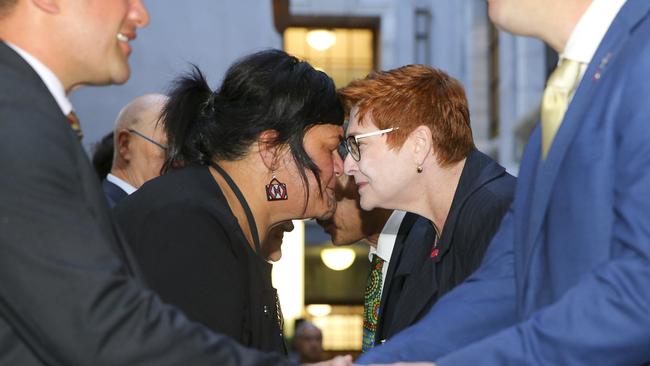
The Australia-China relationship has been deteriorating since 2017, with Beijing imposing tariffs, and bans on Australian exporters and increasing aggression in the Indo-Pacific region, fanned by Chinese-backed foreign interference and cyber attacks. Mr Wang accused the Morrison government of targeting China and adopting tactics that ran “counter to our comprehensive strategic partnership”, suggesting that previous actions by Australia, such as banning Huawei from 5G and implementing world-leading foreign interference laws, were made using “dubious and groundless reasons” that had poisoned “mutual trust”.
“The Australia side reviewed more than 1000 deals and only decided to cancel four; two of them are agreements with China, so Australia’s claim that the decision doesn’t target any particular country does not hold water,” he said.
“China has signed BRI co-operation documents with 140 countries and 31 international organisations. Australia is the first and only country to tear apart an agreement.
“It has set a bad precedent.”
Leading Australian industrialist Malcolm Broomhead on Thursday launched a blistering attack on the Morrison government for cancelling the Victoria’s BRI deal with China. The chairman of mining, oil and gas giant Orica, BHP board member and former head of a pro-BRI organisation said the dramatic axing would damage the nation’s trade relations with China.
“Like many people in business, it is just a complete mystery as to what the Australian government is trying to achieve here,” Mr Broomhead told The Australian.
“I just don’t understand the deliberate provocation of China which sits at odds with ‘we want to be friends’.
“You get mixed messages.
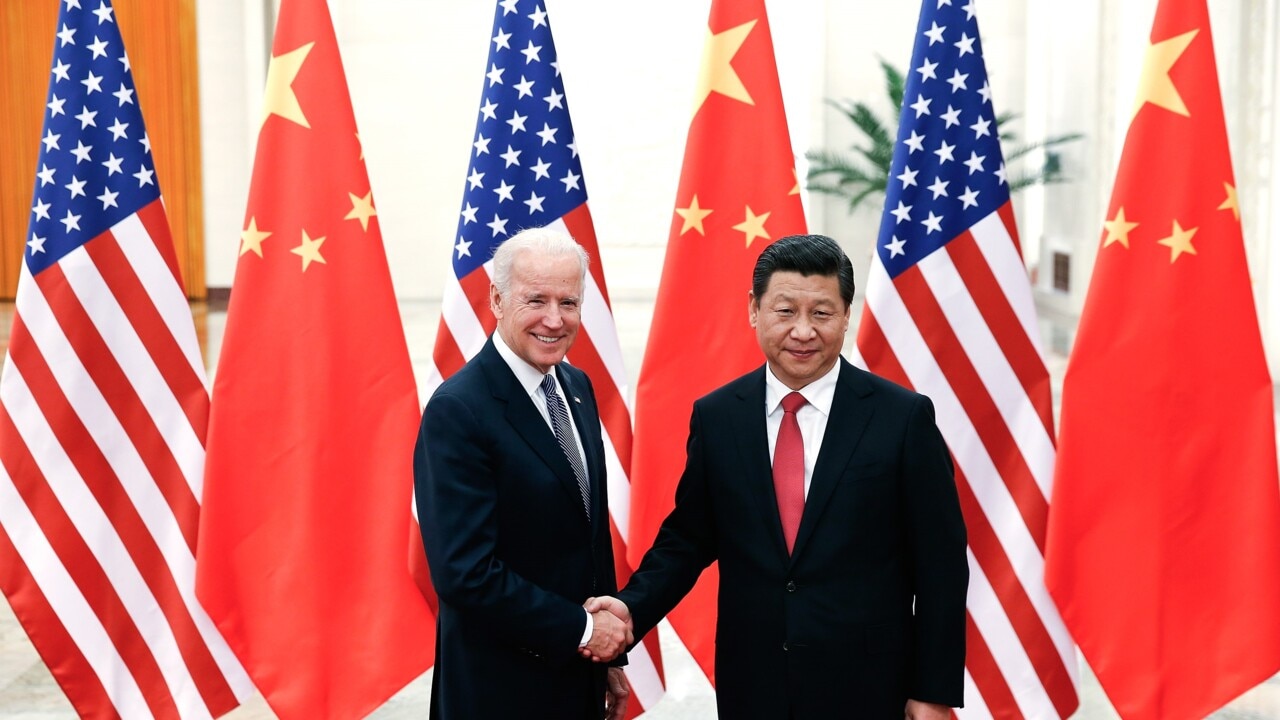
“The reality is that every time we do something, we do it in the most antagonistic way and it has got major trade implications for us. I would hope the government understands that.”
Mr Broomhead was the chairman of the Australia China Belt and Road Initiative, founded by self-proclaimed Chinese-born influencer Jean Dong, which lobbied Victorian Premier Daniel Andrews to sign the BRI.
In recent years, China has slapped a range of sanctions on Australian exports, including coal, wine, barley, timber and seafood, valued at more than $2bn.
Under the Foreign Arrangements Scheme, any deal between foreign national governments and universities, local and state governments deemed to be against the national interest can be cancelled by the federal government.
Defence Minister Peter Dutton said Australia would not be “bullied by anyone” in exerting its sovereign rights.
Mr Dutton said the government would be “very disappointed” if China did retaliate against the decision to abolish the BRI deals signed by Mr Andrews in 2018 and 2019.
“We, like China, exert our sovereign rights, and as a proud country, we’re not going to allow our policies, our principles, our values, to be undermined and if you are involved in that activity, then there is going to be pushback by the Australian government,” he told 2GB radio.
The Chinese embassy had earlier released a statement expressing its “strong displeasure and resolute opposition” to Senator Payne’s decision to cancel the BRI agreements.
“This is another unreasonable and provocative move taken by the Australian side against China. It further shows that the Australian government has no sincerity in improving China-Australia relations,” an embassy spokeswoman said.
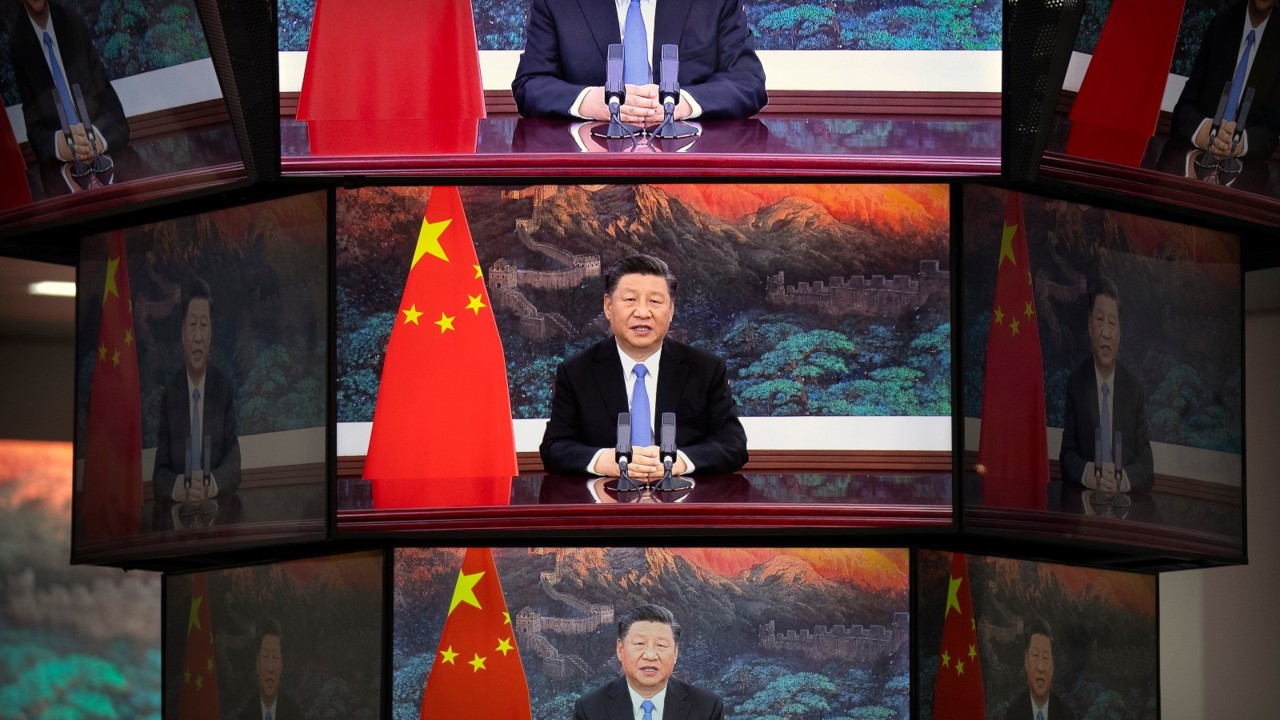
Mr Broomhead, a veteran business leader, predicted the decision to scrap the Victorian deals would further damage Australian-Chinese business relationship across education, tourism, agriculture and mining. “Where (China) has the ability to source elsewhere, it will be damaging to us. I would hope the government understands that,” he said.
“I really want the government to tell us what the strategy is.
“They probably have good ideas, I am sure they’re not doing this because they think there is a couple of votes in it, I am sure they have got sound strategic reasons, but they just need to help us understand that.”
While the move was being viewed in business circles as yet another blow to political relations, the Australia-China Business Council played down the importance of Senator Payne’s move, saying it was “not unexpected.” Australia-China Business Council national president David Olsson said Australian business leaders had “for some time been preparing for more challenging times ahead.”
The Morrison government is expected to announce funding in the budget to aid diversification away from Chinese markets to shield key industries from future measures imposed by Beijing.
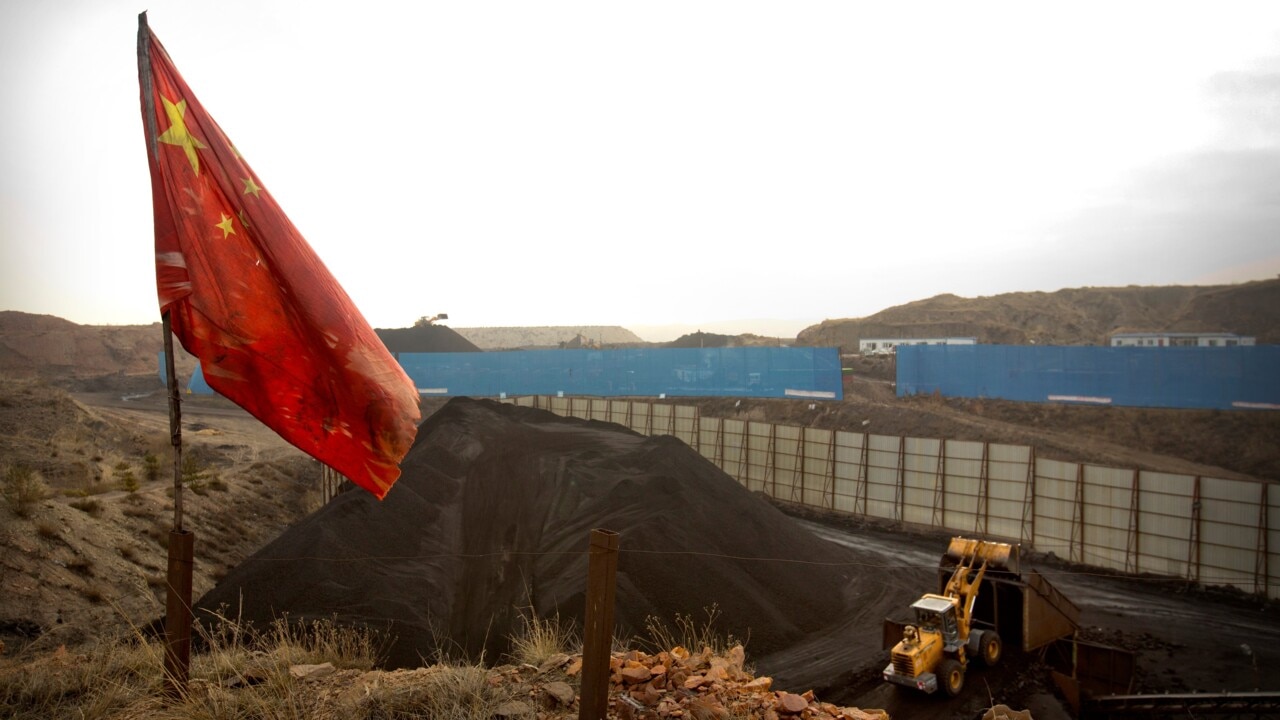
With Damon Johnston

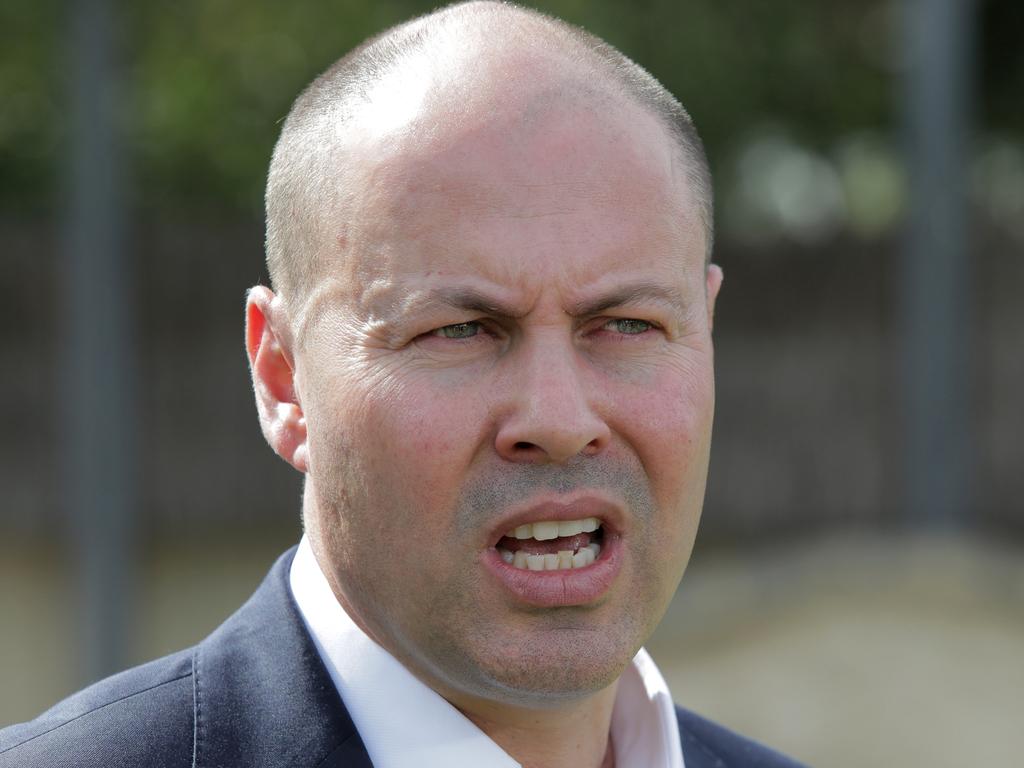
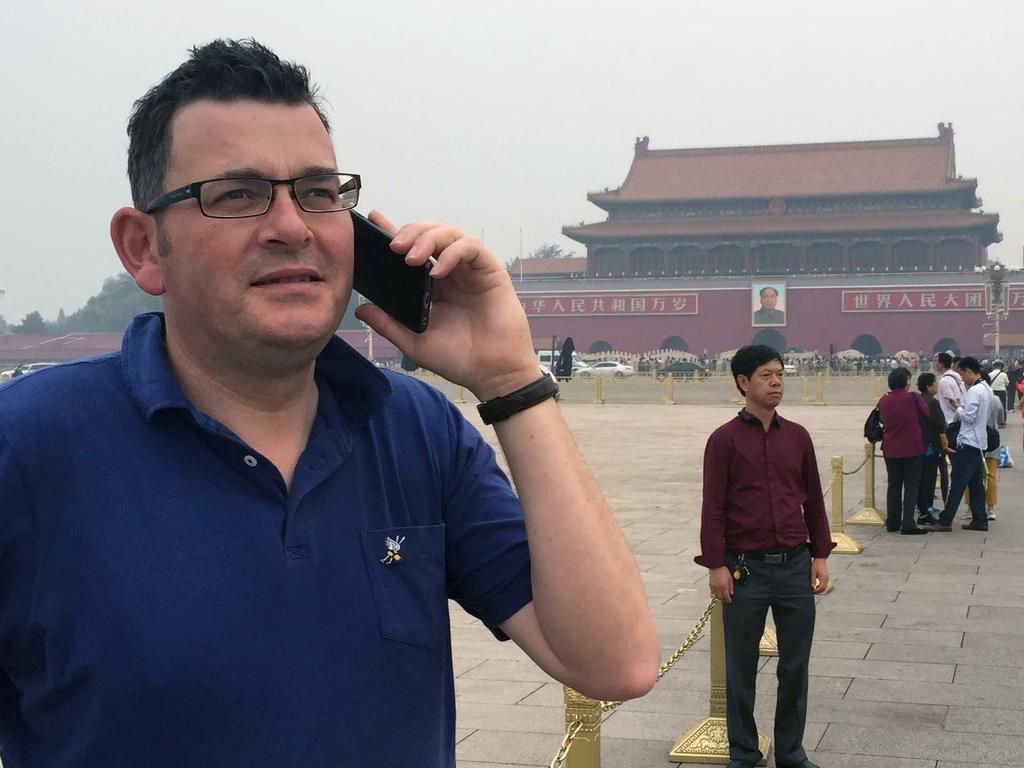
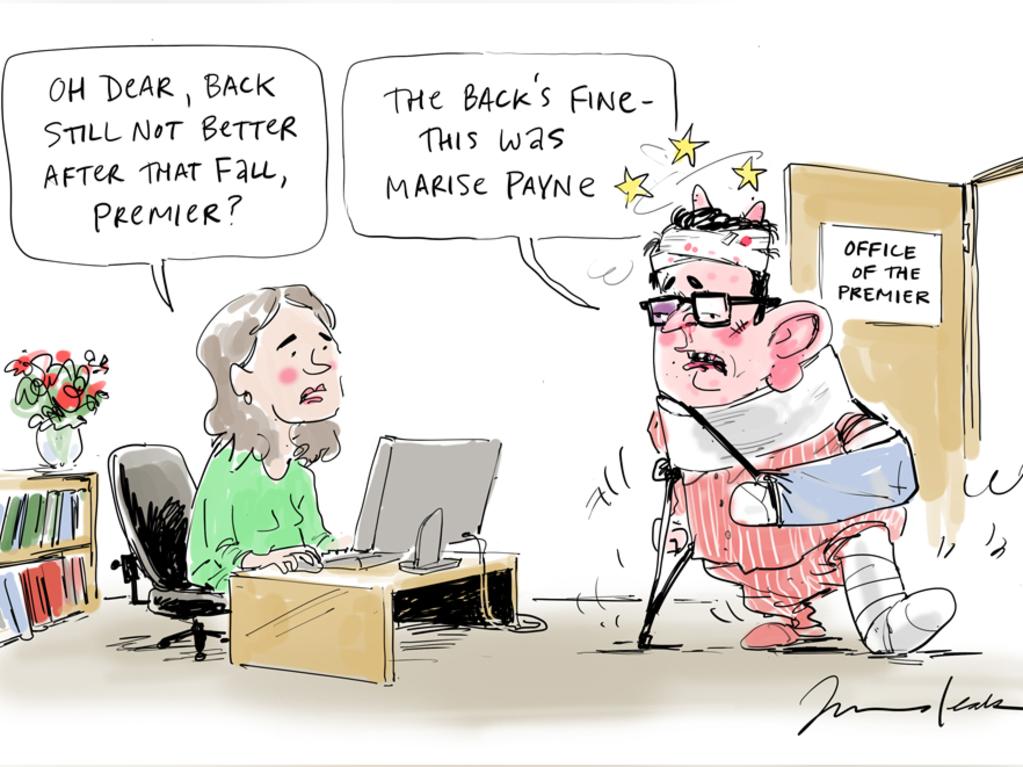

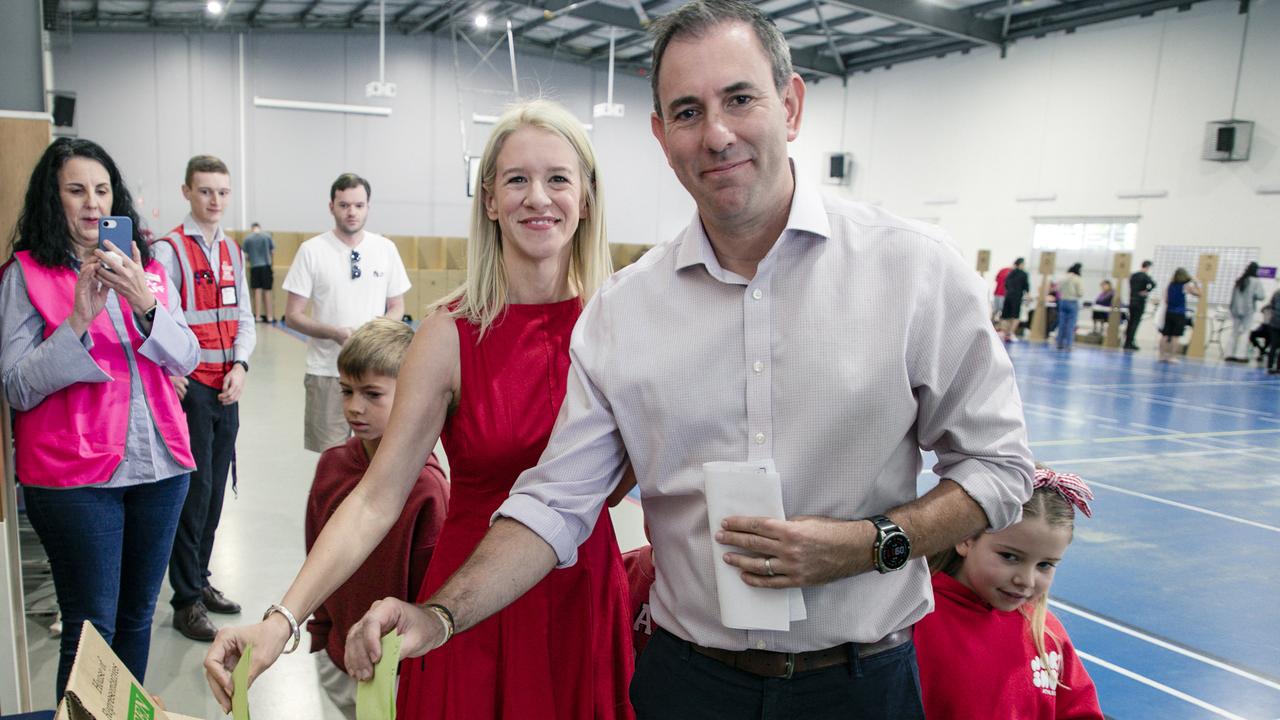

To join the conversation, please log in. Don't have an account? Register
Join the conversation, you are commenting as Logout